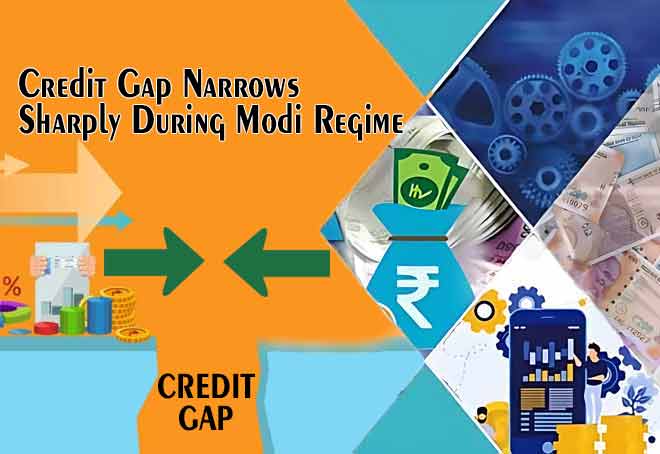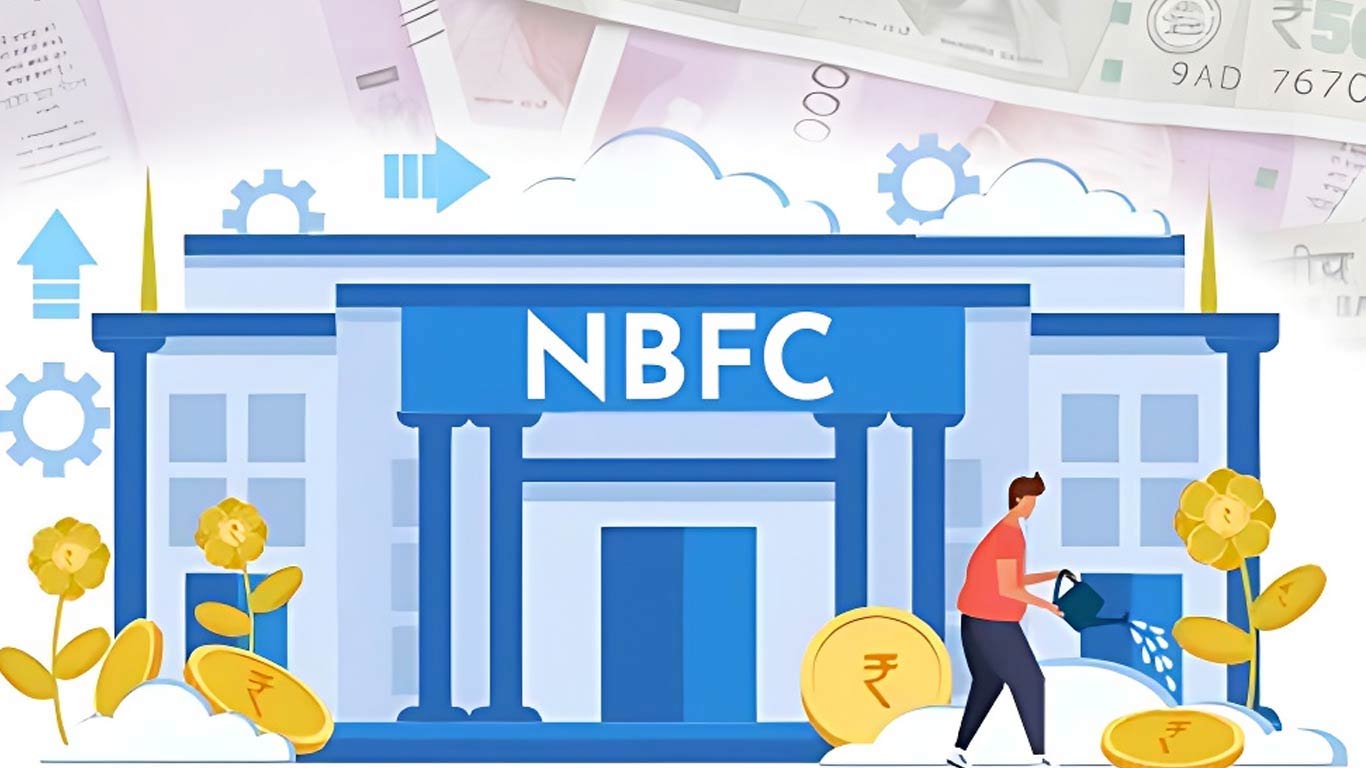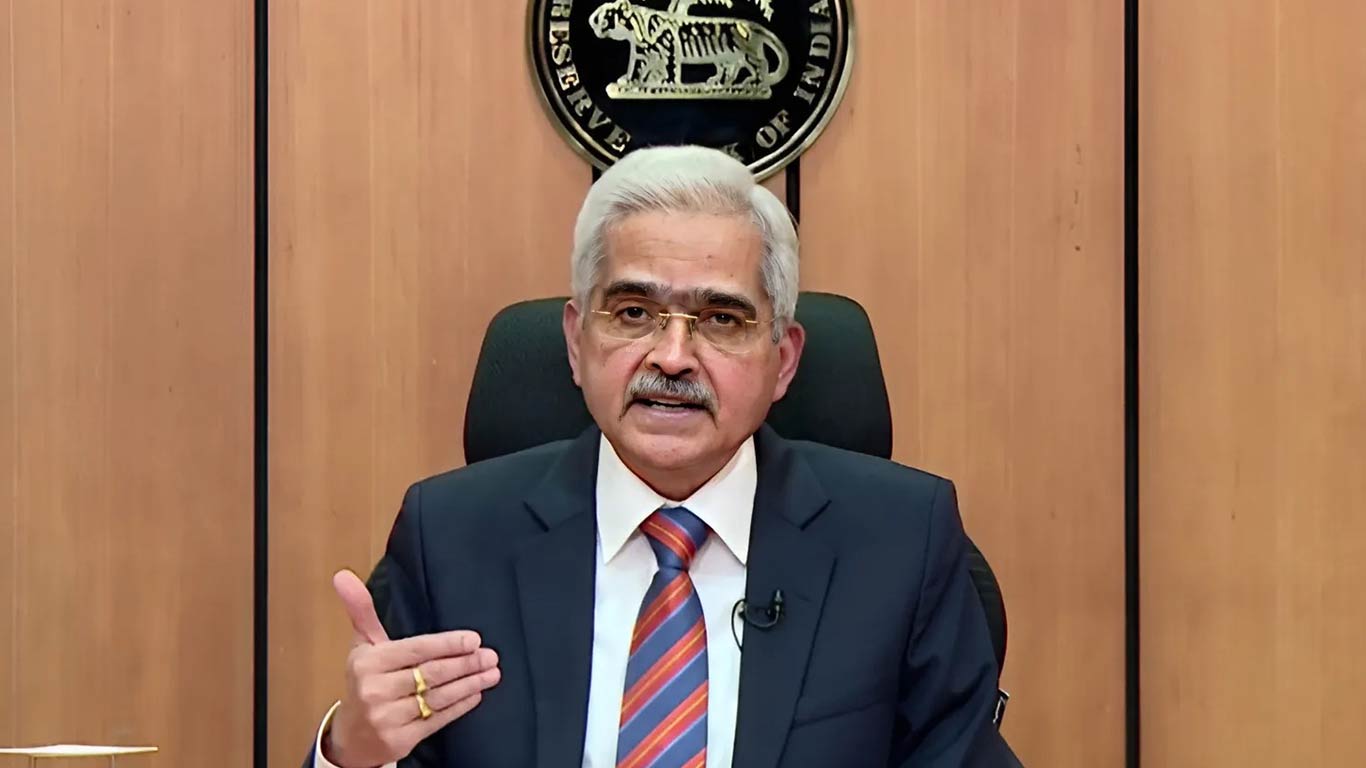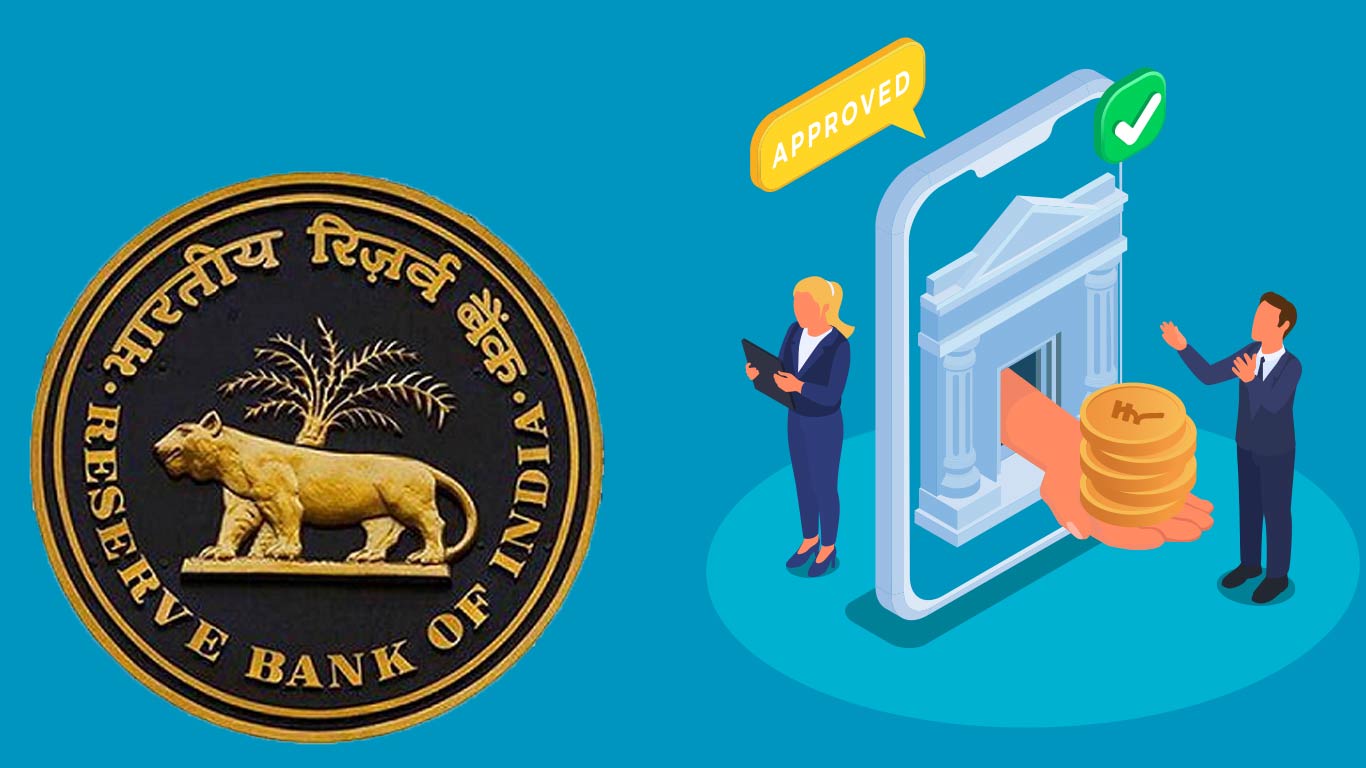Credit gap narrows sharply during Modi regime
Updated: Jan 31, 2023 08:17:26am

Credit gap narrows sharply during Modi regime
New Delhi, Jan 31 (KNN) Credit gaps in India declined by 12.01 per cent points in seven years between 2015 and 2022 as against a mere 6.22 per cent points drop in the previous 14 years between 2001 and 2015.
This shows an impressive outcome of the Financial Inclusion initiatives taken by Prime Minister Narendra Modi government, according to a report released by SKOCH Financial Inclusion Task Force ahead of the Union Budget 2023-24.
In 2001, credit gaps in India stood at 94.91 per cent. This declined marginally to 92.97 per cent in 2005 and further to 90.03 per cent in 2011 and 88.69 per cent in 2015. Though there was a consistent decline in credit gap between 2001 and 2015 but the progress was marginal.
Considerable progress was witnessed between 2015 and 2022. During this 7 year period the credit gap fell from 88.69 per cent in 2015 to 76.68 per cent in 2022, registering a decline of 12.01 per cent points.
Credit gap refers to the proportion of people having no access to formal credit. SKOCH Financial Inclusion Task Force research report on credit gaps uses the same methodology of calculation as used by Rangarajan Committee in its report released in 2008.
A Committee on Financial Inclusion headed by former RBI Governor C Rangarajan analysed credit gaps for the year 2005.
Commenting on the findings of the report, SKOCH Group Chairman Sameer Kochhar said, “Access to credit is one part of the problem. The Task Force will additionally examine the impact of absorptive capacity of the population, something, that did not receive much attention in the past. It is likely that a large number of people are not able to access credit because of lack of absorptive capacity and associated costs.”
“The significant findings of the report are a positive relationship between growth in credit and growth in Net State Domestic Product (NSDP) and a relationship between growth in credit and reduction in multidimensional poverty,” he further added.
The research report is based on input and analysis of the Financial Inclusion Task Force formed by SKOCH Group.
The SKOCH Financial Inclusion Task Force research report reveals wide geographical variations in credit gaps. States/UTs that have witnessed sharp drop in credit gaps include Tamil Nadu, Chandigarh, Maharashtra, Puducherry and Kerala.
In Tamil Nadu the credit gaps fell to 51.38 per cent in 2022 from 91.54 per cent in 2001. Tamil Nadu’s performance has been consistently impressive since 2001.
Credit gap in Tamil Nadu fell from 91.54 per cent in 2001 to 75.58 per cent in 2011 and further to 62.29 per cent in 2015. On the other hand, the major gains in Maharashtra and Chandigarh were recorded post 2015.
North Eastern states still face acute credit gaps and are struggling to make progress. In Arunachal Pradesh credit gaps stood at 93.17 per cent in 2022 as compared to 96.60 per cent in 2001.
The state and union territories where credit gaps are over 90 per cent include Chhattisgarh, Lakshadweep, Meghalaya, Nagaland and Daman & Diu.
Bihar and Uttar Pradesh also remain among the major drag. The credit gap in Bihar dropped to 89.83 per cent in 2022 from 94.81 per cent in 2015. In Uttar Pradesh, credit gaps dropped from 94.06 per cent in 2015 to 89.95 per cent in 2022. In these two major states the progress between 2001 and 2015 was pretty slow.
The research report also presents district wise analysis of credit gaps. As per the report, 211 districts still face a credit gap of more than 90 per cent.
The report also analyses correlation between credit gaps and socio-economic indicators including multi-dimensional poverty, women’s education and access to clean fuel for cooking among others.
The members of the task force include: Dr Deepali Pant Joshi, Former Executive Director, Reserve Bank of India; Prof S Mahendra Dev, Chairman, Institute for Development Studies; Dr Siraj Hussain, Senior Visiting Fellow, ICRIER; Mr Jiji Mammen, Executive Director & CEO - Sa-Dhan; Reema Nanavaty, Director, SEWA; Dr Alok Misra, CEO & Director – MFIN; S S Mundra, Chairman, BSE Ltd; U K Sinha, Former Chairman, SEBI; C S Ghosh, MD & CEO, Bandhan Bank; Dr Amarjeet Sinha, Former Union Rural Development Secretary; Anil Bhardwaj, Secretary General, FISME; Prof Abhiman Das, RBI Chair Professor in Finance & Economics, IIM- Ahmedabad; and, Dr Ajit Ranade, VC, Gokhale Institute of Politics & Economy; Dr Deepak B Phatak, IIT-B, Mumbai; Renana Jhabwala, Chairperson, SEWA Grih Rin Ltd; Ajay Thakur, Head, BSE SME; and, Jayashree Vyas, MD, Mahila Sewa Sahakari Bank.
For more information, visit www.skoch.in or contact skoch@skoch.in (KNN Bureau)












